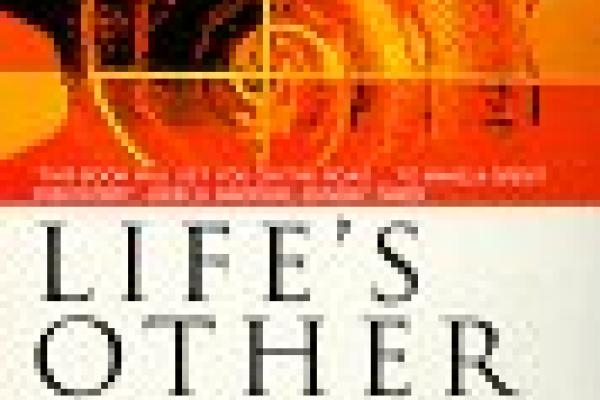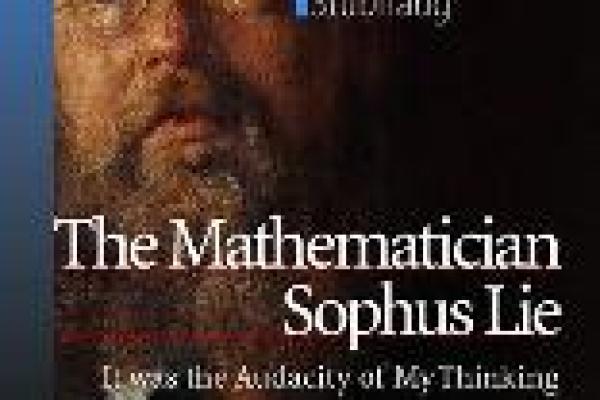Article

Mathematical mysteries: Survival of the nicest?
One of the most puzzling aspects of human behaviour is cooperation, in situations where backstabbing and selfishness would seem to be more rewarding. From the point of view of evolutionary theory, the very existence of altruism and cooperation appear mysterious.




